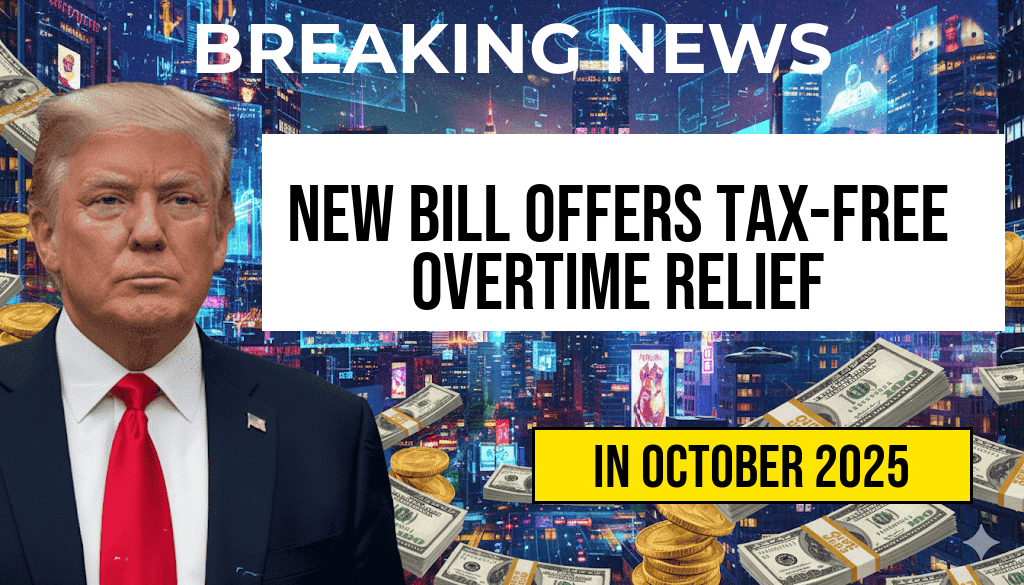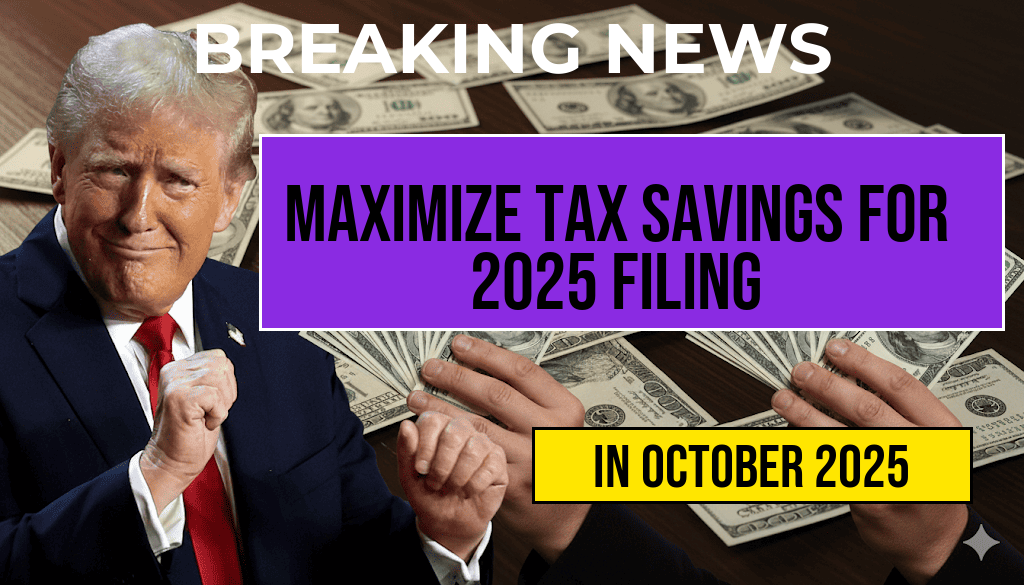A new legislative proposal has emerged that promises significant overtime relief for American workers by allowing a portion of their overtime earnings to be shielded from federal taxes. Under this proposed bill, individuals who earn overtime pay could see up to $12,500 exempt from taxation, offering much-needed financial relief amidst rising living costs. As the current economic climate continues to strain household budgets, this bill aims to provide an incentive for workers to log additional hours while ensuring that their take-home pay is increased. Lawmakers argue that the tax exemption could benefit a wide range of employees, particularly those in blue-collar jobs, and stimulate economic growth by putting more disposable income into the hands of workers.
Details of the Proposed Overtime Tax Relief
The proposed bill outlines specific criteria for employees to qualify for the tax exemption on their overtime earnings. It is designed to target low- to middle-income workers, thereby maximizing the benefits for those who most need financial assistance. Here are the key provisions of the bill:
- Income Threshold: The exemption applies to overtime earnings for individuals whose total annual income does not exceed $100,000.
- Tax Exemption Limit: Up to $12,500 of overtime pay is shielded from federal income taxes.
- Eligibility Criteria: Workers must be classified as non-exempt employees under the Fair Labor Standards Act (FLSA).
- Implementation Date: If passed, the bill could take effect as early as January 1, 2024.
Impact on Workers’ Take-Home Pay
This tax relief could have a substantial impact on the take-home pay of eligible workers. For example, if an employee typically earns $15 per hour and works an additional 10 hours of overtime in a week, the total earnings for that week would be:
| Hours Worked | Regular Pay Rate | Overtime Pay Rate | Total Earnings |
|---|---|---|---|
| 40 (Regular) + 10 (Overtime) | $15/hr | $22.50/hr | $750 (Regular) + $225 (Overtime) = $975 |
With the new bill, if this employee qualifies for the tax exemption, they could potentially save a significant amount in taxes on the overtime pay. Given that federal tax rates vary, the actual savings would depend on the employee’s specific tax situation. However, the ability to shield $12,500 from federal taxes could provide up to $3,000 in savings for those at the higher end of the tax bracket.
Who Stands to Benefit?
The bill is expected to benefit a broad spectrum of workers, particularly in industries that frequently require overtime, such as:
- Healthcare
- Construction
- Manufacturing
- Hospitality
Advocates of the legislation argue that this tax relief could help combat wage stagnation, allowing workers to retain more of their earnings and ultimately improve their quality of life. The bill has garnered support from various labor unions and worker advocacy groups, who see it as a crucial step toward fair compensation.
Potential Challenges and Opposition
While the proposal has received significant backing, it is not without its detractors. Some critics argue that it could lead to increased costs for employers, who may be hesitant to pay higher overtime rates if a substantial portion becomes tax-exempt. Additionally, concerns have been raised regarding potential loopholes that might allow employers to exploit the system, ultimately undermining the intended benefits of the bill.
As the legislative process unfolds, lawmakers will need to address these concerns to ensure that the bill achieves its goal of providing meaningful relief to workers without creating undue burdens on businesses.
The bill is currently under review, with hearings expected to commence in the coming months. For more information on the proposed legislation, visit Congress.gov or review the latest analysis from Forbes.
Frequently Asked Questions
What is the new bill regarding overtime relief?
The new bill provides overtime relief by allowing employees to shield up to $12,500 from taxes on their overtime earnings, making a portion of their income tax-free.
How much of my overtime pay can be tax-free?
Under the new legislation, employees may shield up to $12,500 of their overtime pay from taxes, potentially increasing their take-home pay significantly.
Who qualifies for the overtime tax relief under the new bill?
Employees who earn overtime pay and meet specific criteria set forth in the bill will qualify for the overtime tax relief. It is important to check the eligibility requirements outlined in the legislation.
When does the overtime relief take effect?
The overtime relief provisions will take effect starting from the date specified in the new bill, which is typically detailed in the legislative announcement or accompanying documentation.
How does this new bill impact my overall tax liability?
This new bill can potentially reduce your overall tax liability by exempting a portion of your overtime earnings from taxation, thus allowing you to keep more of what you earn.






